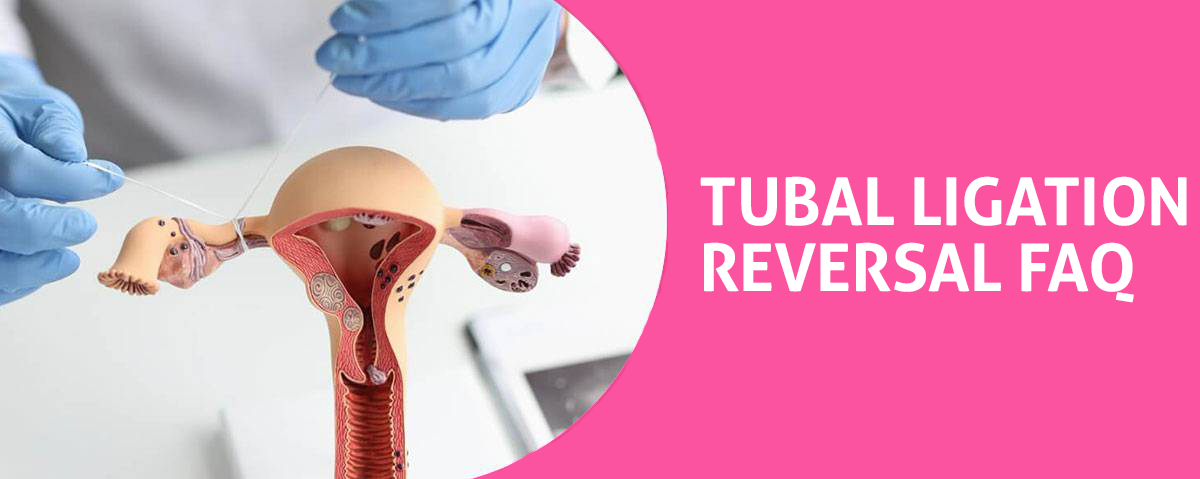How Common Is Weight Gain After Tubal Ligation?
You’ve just had a tubal ligation and you’re worried about packing on the pounds. Is weight gain a common side effect or just a myth? Let’s delve into the facts and fictions surrounding this issue. We’ll also explore factors that could influence post-surgery weight changes, and share some effective strategies to keep your scale steady. Knowledge is power, and we’re here to empower you to manage your weight effectively post-surgery.
Weight Gain: Myth Vs Reality
Often, you’ll hear the claim that weight gain is an inevitable outcome after tubal ligation, but is this assertion based on fact or just a pervasive myth? Let’s delve deeper into this issue. It’s widely believed that hormonal changes after the procedure lead to weight gain. However, studies suggest that tubal ligation doesn’t actually cause hormonal imbalances. The procedure merely blocks the fallopian tubes, without affecting ovarian hormone production. Thus, any weight gain post-surgery is often unrelated to the procedure itself. Another common misbelief is diet impact. Many women fear that their metabolism will slow down, causing weight gain. But, this too, is a misconception. In fact, maintaining a balanced diet and regular exercise are more crucial factors influencing weight. Hence, it’s essential to separate myth from reality.
Factors Influencing Post-Surgery Weight
There are several factors you’ll want to consider that could influence your weight after tubal ligation surgery. Surgery recovery can play a significant role in weight fluctuation. Your body may retain fluids due to post-operative inflammation, giving you a temporary weight gain. Your mobility might also be limited during the healing process, which could lead to decreased physical activity and potential weight gain.
Additionally, hormonal changes following the surgery could also affect your weight. Some women have reported changes in their menstrual cycle, which could potentially cause bloating and weight gain. However, it’s important to note that tubal ligation itself doesn’t cause hormonal changes. Any observed changes are likely due to other factors, such as age or stress.
Effective Ways to Manage Weight
In light of these factors, it’s crucial for you to adopt certain strategies to effectively manage your weight post-surgery. One of the most effective methods is making dietary adjustments. Analyze your current diet and identify areas where you can reduce calorie intake without compromising on nutrition. Incorporate more fruits, vegetables, lean proteins, and whole grains, while reducing processed foods.
Exercise routines also play a significant role in managing weight. Regular physical activity boosts metabolism, helping to burn more calories. Establish a routine that combines both cardio and strength training exercises for maximum impact. Remember, consistency is key. While these steps may seem challenging initially, they’re essential in maintaining a healthy weight and overall well-being after tubal ligation.
Other Popular Questions About Tubal Ligation Reversal:
How Dangerous Is Tubal Ligation?
How Common Is Weight Gain After Tubal Ligation?
How Common Is Tubal Ligation Failure?
How Common Is Regret After Tubal Ligation?
How Common Is Recanalization After Tubal Ligation?
How Common Is It to Get Pregnant 7 Years After a Tubal Ligation?
How Can You Tell if Your Tubal Ligation Failed?
How Can You Still Have Periods After Tubal Ligation Anatomy?
How Can You Have a Period After Tubal Ligation?
How Can I Tell What Type of Tubal Ligation I Had?
How Can I Reverse Tubal Ligation?
How Can I Prevent Early Menopause After Tubal Ligation?
By using this webiste you agree to Terms and Conditions
